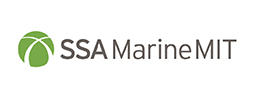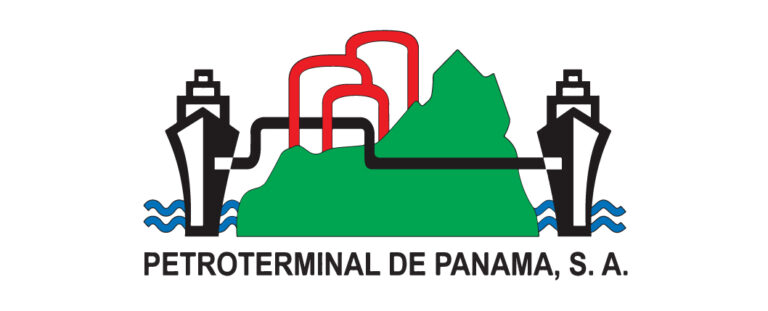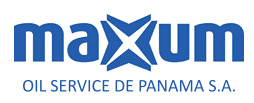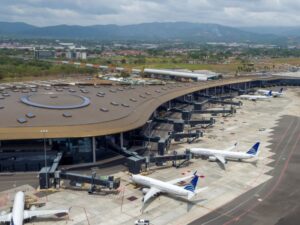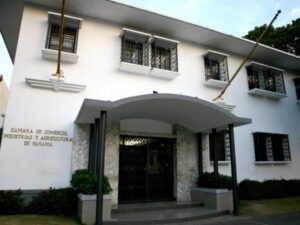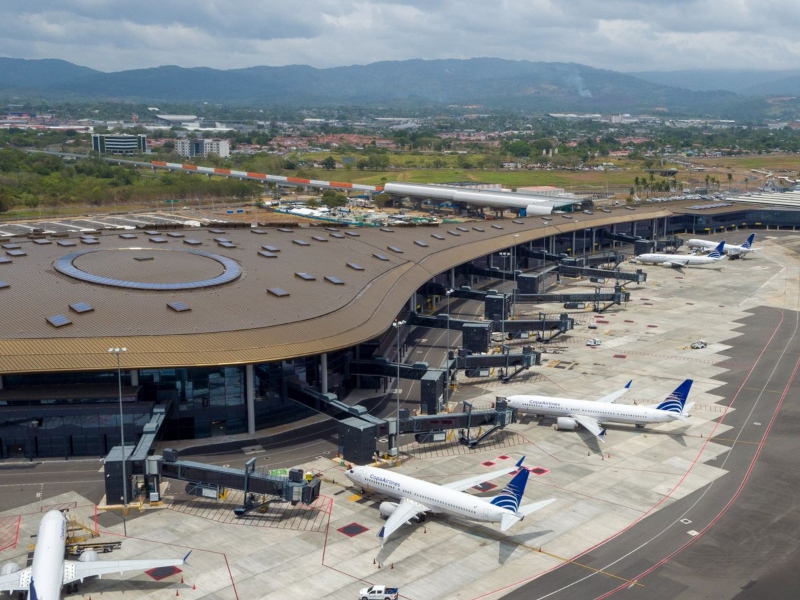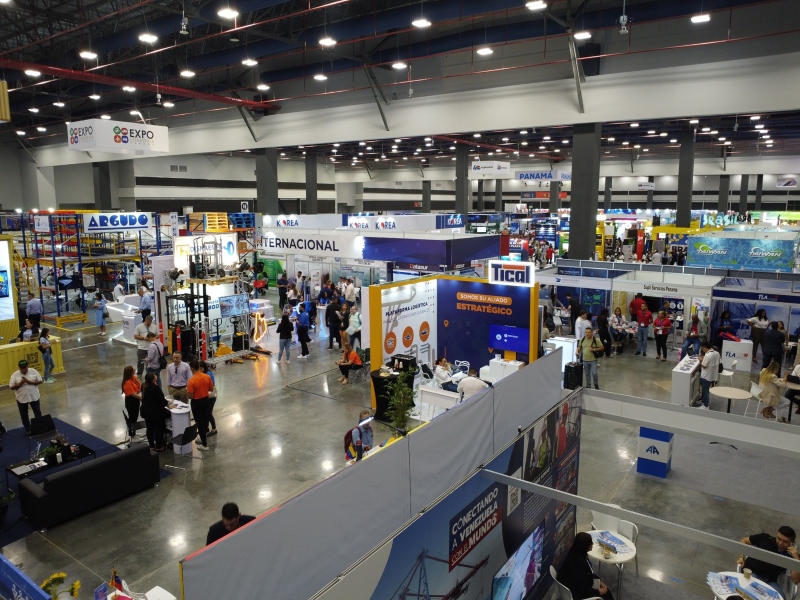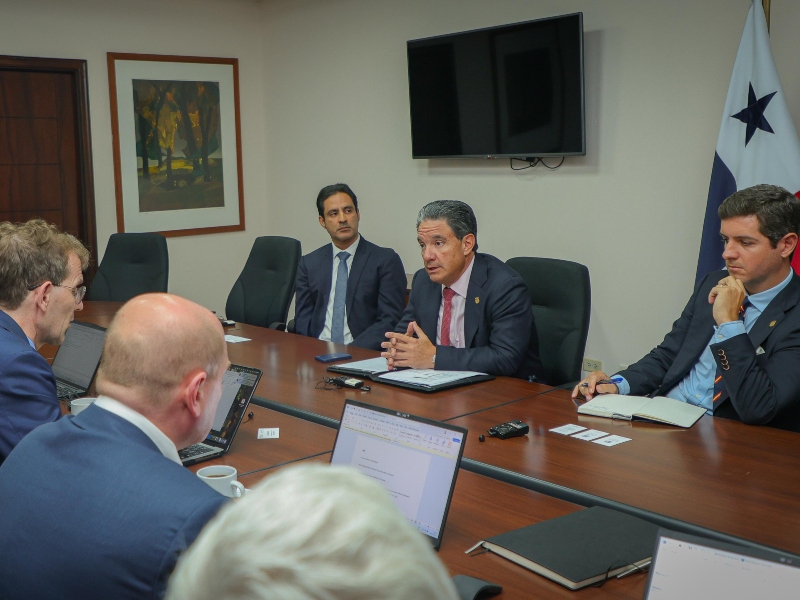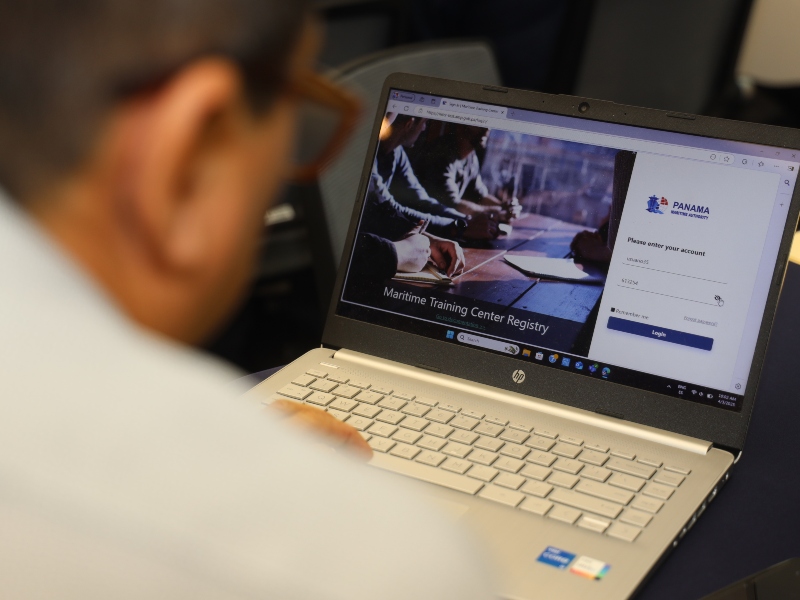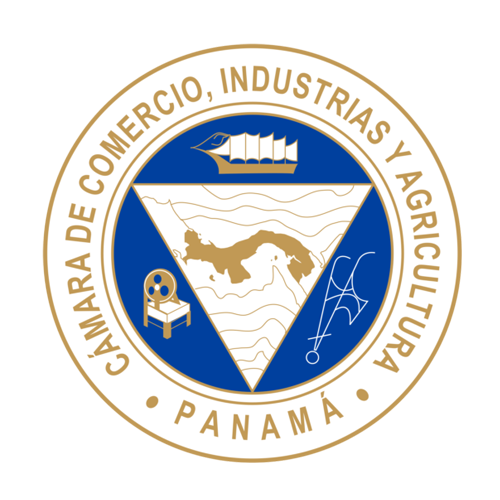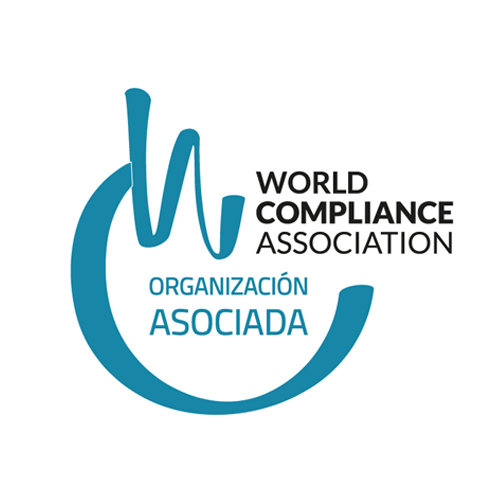Source: Port of Rotterdam
Column by Jeannette Baljeu, Member of the Board of Gedeputeerde Staten, the executive committee of the Province of Zuid-Holland:
Worldwide developments can immediately be felt in the port of Rotterdam. This is what I like so much about this area: the dynamics, the capacity as well as the necessity to adapt quickly, you can almost feel it.
The world around us is now also in full swing. The importance of being less dependent on both gas import from one country and the sustainable ambitions of Europe come together in Rotterdam. Suddenly, the green hydrogen economy is no longer for a distant future, but current and necessary. This urgency means that we together – both the business sector and the government – have to set to work more quickly and more ambitiously, with more daring. Otherwise, the world will overtake us.
As alderman of Rotterdam and member of the Provincial Executive of the province of Zuid-Holland, I have been involved in the Rotterdam Port area for almost 12 years. If you follow the port from the city to the Maasvlakte, you will see the historical line building up. Developments follow on from each other in rapid succession and time and again the port has succeeded in adapting to new conditions: trade flows which shift from one continent to another, the step from bulk goods, oil storage chemistry to more containers, the development of increasingly large ships, automation and digitalization. And now the step to new sustainable companies.
They are now about to make the step to the Green Hydrogen economy. The port of Rotterdam can make a difference in this. Here, they have the knowledge, companies and infrastructure to play an important role in Europe in the production, storage and transport of green hydrogen.
It is reassuring to see that the industry in the port area is working on the energy transition. They are taking up the challenge, for instance by investing in hydrogen. However, if we wish Rotterdam to grow into the ideal water hub from and for Europe, then as governments we must invest in the correct preconditions: a good infrastructure for hydrogen with connections to the hinterland (such as to Limburg, Chemelot, North Rhine Westphalia and the Ruhr region), collaboration between regions and countries, encouraging the demand development, facilitating import possibilities and financial means for knowledge and development. And must ensure that there is room to be able to develop, in a literal sense but also with regard to regulation possibilities.
Baljeu conitunued: “As I already mentioned, the quicker the world changes, the quicker the port of Rotterdam will also have to change. Fortunately, we see that companies are also taking their responsibility for this. We, as local, national and European governments, must therefore dare to move just as quickly with the worldwide developments. Europe no longer wants gas, climate and geopolitics come together in Rotterdam. An important condition for this is that there must be the possibility to make this transition. Because precisely at the spot where we can gain the most profit there is no nitrogen space to make this transition. So we also ask the government for collaboration in the nitrogen file. It is important that the government reserves nitrogen space in order to enable the transition. Precisely during these times of urgent change. In short, let us as governments grasp the momentum together to bring the green nitrogen economy closer by fast.”, Baljeu concluded.
![]()








